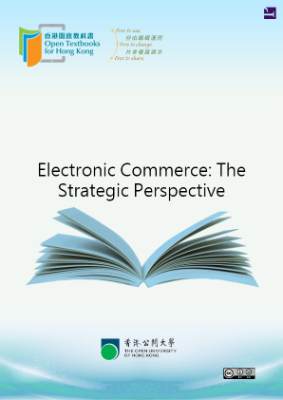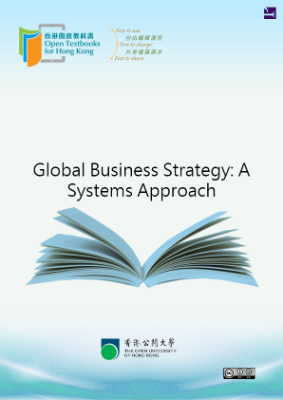Examples of Definitions of Entrepreneurship
Entrepreneurship can be defined as a field of business that seeks to understand how opportunities to create something new (e.g., new products or services, new markets, new production processes or raw materials, new ways of organizing existing technologies) arise and are discovered or created by specific persons, who then use various means to exploit or develop them, thus producing a wide range of effects (Baron, Shane, & Reuber, 2008, p. 4)
A concise definition of entrepreneurship “is that it is the process of pursuing opportunities without limitation by resources currently in hand” (Brooks, 2009, p. 3) and “the process of doing something new and something different for the purpose of creating wealth for the individual and adding value to society” (Kao, 1993, p. 70)
The Evolution of Entrepreneurship Thought
This section includes an overview of how entrepreneurship has evolved to the present day. The following timeline shows some of the most influential entrepreneurship scholars and the schools of thought (French, English, American, German, and Austrian) their perspectives helped influence and from which their ideas evolved. Schools of thought are essentially groups of people who might or might not have personally known each other, but who shared common beliefs or philosophies.
The Earliest Entrepreneurship
The function, if not the name, of the entrepreneur is probably as old as the institutions of barter and exchange. But only after economic markets became an intrusive element of society did the concept take on pivotal importance. Many economists have recognized the pivotal role of the entrepreneur in a market economy. Yet despite his central importance in economic activity, the entrepreneur has been a shadowy and elusive figure in the history of economic theory (Hebert & Link, 2009, p. 1).
Historically those who acted similarly to the ways we associate with modern day entrepreneurs – namely those who strategically assume risks to seek economic (or other) gains – were military leaders, royalty, or merchants. Military leaders planned their campaigns and battles while assuming significant risks, but by doing so they also stood to gain economic benefits if their strategies were successful. Merchants, like Marco Polo who sailed out of Venice in the late 1200s to search for a trade route to the Orient, also assumed substantial risks in the hope of becoming wealthy (Hebert & Link, 2009).











